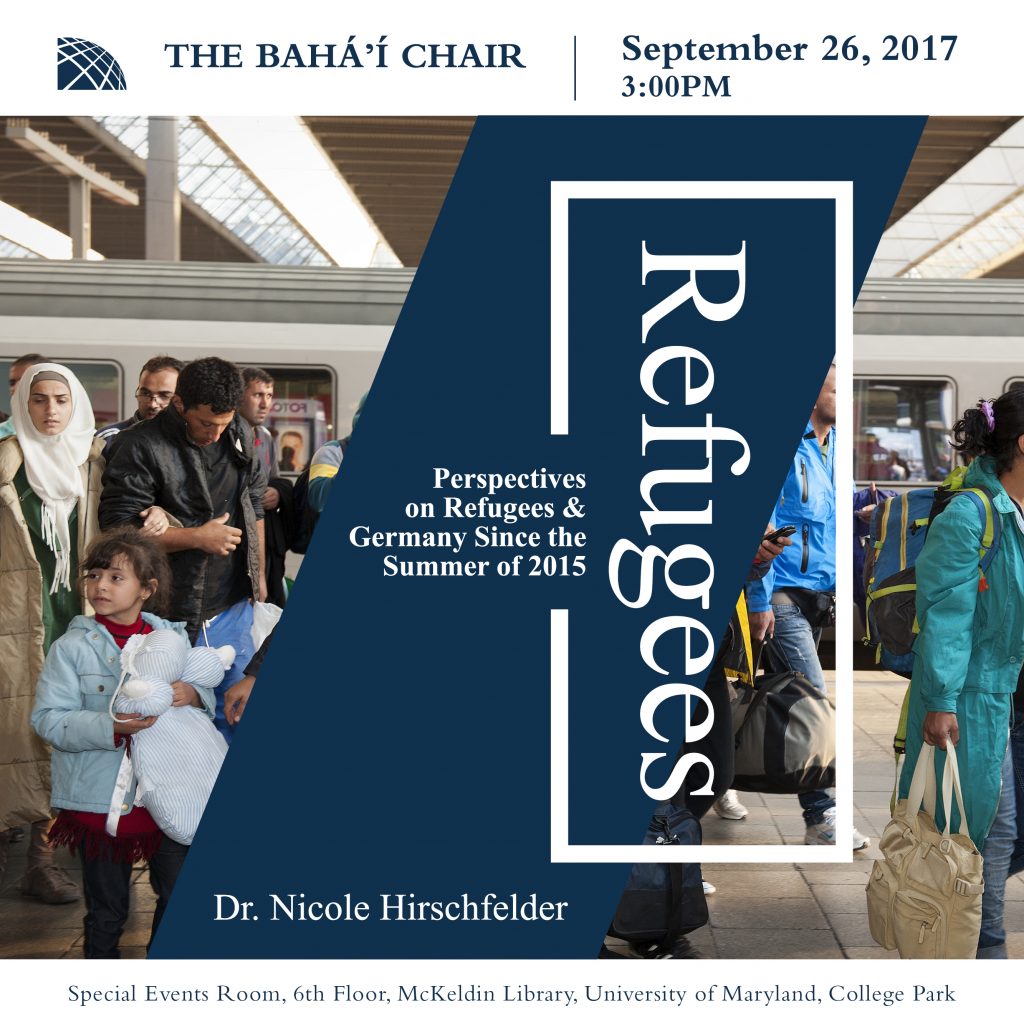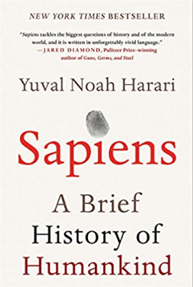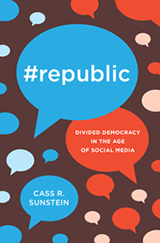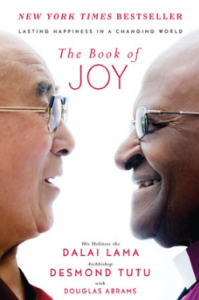This is a reflection written by Mahvash Sabet, poet poet, psychology teacher, and member of the Baha’i Yaran for the new series from The Bahá’í Chair for World Peace on Learning During the Covid-19 Pandemic.
For Mahvash Sabet – poet, psychology teacher, and member of the Baha’i Yaran – who experienced severe solitary confinement during a ten year sentence in the prisons of Iran, there is a certain irony in now being confined with all her compatriots, outside their walls as a result of the current epidemic. But although the two experiences can hardly be compared, her insights might resonate with readers at this time.
This piece has been adapted and shortened from the original Persian, courtesy of the on-line magazine “aaSoo” (https://www.aasoo.org.)
Continue reading



 Yuval Noah Harari’s, Sapiens: A Brief History of Humankind, is an exceedingly unique and captivating read primarily because of its brevity. In a mere 400 pages, Israeli historian Harari presents and analyzes over 50,000 years of human history.
Yuval Noah Harari’s, Sapiens: A Brief History of Humankind, is an exceedingly unique and captivating read primarily because of its brevity. In a mere 400 pages, Israeli historian Harari presents and analyzes over 50,000 years of human history. 
